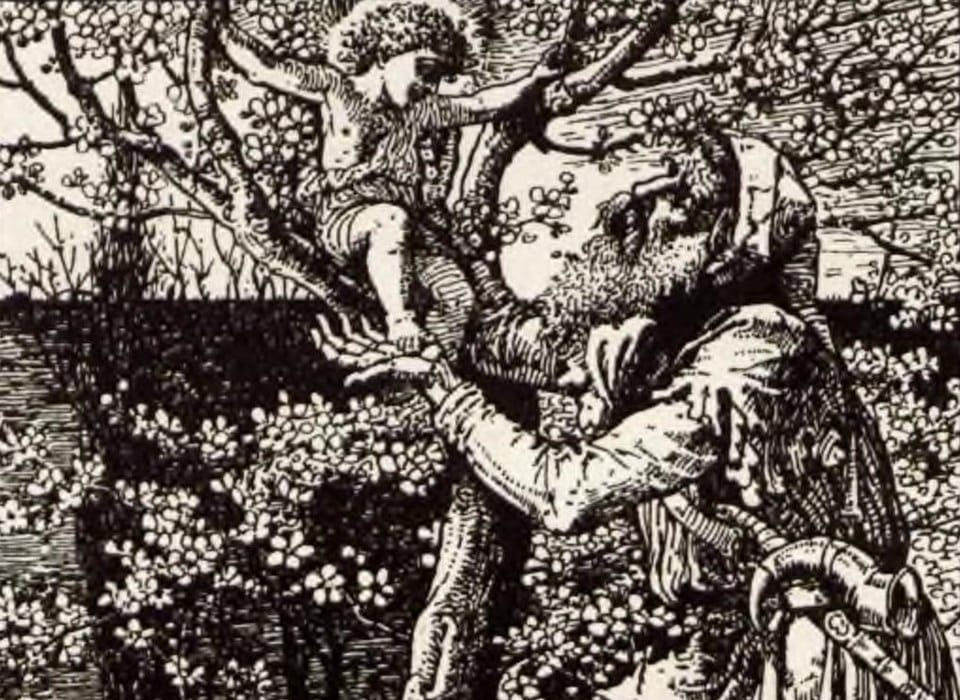Have you ever seen a ghost? There many ghosts in literature that could support you if you claim that you have, as there are many famous phantoms that appear in the pages of a book. In fact, the appearance of ghosts transcend even horror stories, sometimes appearing in tragedies and dramas (Macbeth).
In this post, we are going to examine famous ghosts in literature and define what they represent to each story. But before we begin, if you would like some tips and tricks on writing your own ghost stories, visit a previous post here.
Definition of a Ghost
For starters, before we venture into the land of ghosts in literature, let’s understand what is and isn’t a ghost. Furthermore, a ghost is the “spirit of a dead person.” They are “represented as a pale, almost transparent image of that person” (Wordnik, Cambridge). Similarly, ghosts are defined as “the spirit of a dead person someone believes they can see and feel.” In other words, ghosts are physical embodiments of people that used to exits but now do not. In these stories, the dead have risen.

Turn of the Screw by Henry James | Gutenberg
- Who are the Ghosts? The ghosts in Henry James’s classic haunt the halls, towers, and staircases of Bly manor. There are two that the protagonist, and unnamed governess, come into contact with on a few occasions.
- What do Symbolize? The ghosts in The Turn of the Screw represent repression of thought and feelings. The repression afflicts both children in the story, including the young boy, whose school expelled him. Likewise, the governess’s own unreliable narration could see the ghosts as a form of undiagnosed insanity. Figments of her own imagination.
Hamlet by Shakespeare | Gutenberg
- Who is the Ghost? The ghost in Hamlet is Hamlet’s very own father. Though Claudius and Laertes murdered him, the ghost visits multiple characters throughout the play.
- What does the Ghost Symbolize? Hamlet’s father represents many things in the play. Perhaps he represents Hamlet’s own dwindling sanity; or, perhaps he represents the justice from the grave.
The Legend of Sleepy Hollow by Washington Irving | Gutenberg
- Who is the Ghost? The ghost is the Headless Horseman, who was once a Hessian shot in the head by a canon. He haunts the roadways in Sleepy Hollow and chases the school teacher Ichabod Crane from the town.
- What does the Ghost Symbolize? The Headless Horseman is a symbolic creature of fear and history. He stalks the roadways looking for his head and to punish those who wronged him. He also represents an unyielding foe of the night, who would trouble anybody that crosses his path.
Conclusion
There are many ghosts in literature that haunt the characters or come as a warning. The ghosts of A Christmas Carol strike fear into Ebenezer Scrooge’s tortured heart, while the ghost of The Canterville Ghost attempts to frighten the new tenants from their home. Regardless, ghosts don’t come lightly in fiction, and often represent something far deeper then simply scares and frights.





Leave a Reply